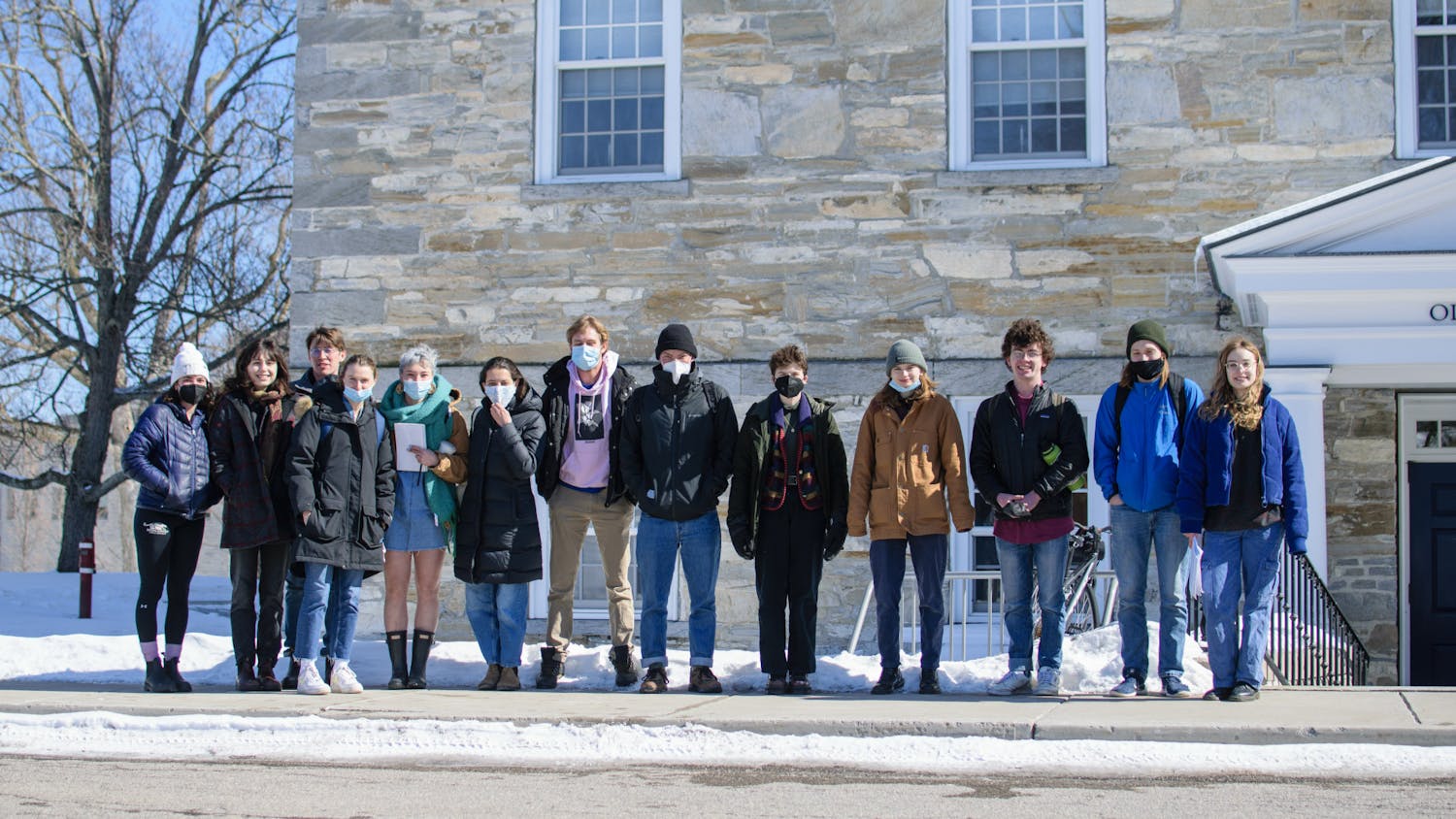Orientalism has always been tied to Arabic and Middle Eastern studies in the Western world. While the Western study of Arabic dates to the 15th century, the language remained in the background of Western academia until the Enlightenment, which ignited interest in foreign cultures and established Arabic speakers as exotic, violent or backwards. “Orientalism” encapsulates these generalizations. It is the study of distorted western understandings and reproductions of the Arab-Islamic world; a “system of representations” that creates an Other and ensures the supremacy of the Western world. Academics eventually abandoned the term in the 1970s for more regionally-aware categorizations.
But has our society truly progressed beyond Orientalism? Dr. Edward Said argues that a new form of Orientalism today stains Western discourses through constructing “a much more threatening picture of Islam.” While globalization increased interconnectedness, it certainly did not foster cross-cultural acceptance. And today, Western power networks employ this “neo”-Orientalism in Western language instruction to create fear and emphasize security.
Mohammad Samiei, a professor in World Studies at the University of Tehran, argues in his article “Neo-Orientalism? The relationship between the West and Islam in our globalised world” that capitalism “tends to corrupt Western Islamic studies for its own interests.” Colleges and universities receive private and government funding thus becoming hostage to the political and cultural agenda of the donor. After World War II, the U.S. government recognized Arabic as a “strategic language,” and its agenda became to professionalize the discipline.
The effect is clear: since 9/11, enrollment in Arabic programs has surged by 82%; most now focus on securitization instead of on culture or identity. Mahmoud Al-Batal, who co-authored Al-Kitaab (the textbook used at Middlebury and hundreds of other universities), epitomizes this focus. In 2007, Al-Batal commented that “the tragic events of September 11, 2001 have ushered in an era of increased national attention to Arabic as a language vital to national interest and security.” This vitality contributed to massive increases in government-funded Arabic departments in higher education in the early 2000s. The material presented in Al-Kitaab frames the way new language learners think about and communicate in Arabic, but the book also receives funds from a federal agency that funnels students into the government’s agenda. The national Arabic curriculum now aims to transform language learners as defenders into Western security against the threatening Middle East. Sound familiar? Orientalism lives.
I came to Middlebury and enrolled in an introductory Arabic class, hoping that the language would become a means to immerse myself in cultures different from my own. However, it quickly became apparent that learning Arabic would be different from learning Spanish and French in high school. Our first vocabulary set included المتحدة األمم, or “United Nations.” The second had “translator,” and the third had “army.” The first textbook included neither colors nor days of the week — universal lessons in virtually all beginning language courses. More recently, Al-Kitaab Part II (published in 2013) included the word شرقي ,which it translates as “Oriental, Middle Eastern.” While my professors went to great lengths to culturally enrich the curriculum and introduce us to real-world scenarios, after three years of Arabic, I still feel more comfortable discussing police presence at uprisings than ordering food at a restaurant. I am studying abroad in Jordan this semester, and despite being immersed in the language for just over a month, I am still struggling to reconcile what I have learned at Middlebury with the vocabulary I need for everyday life.
Last summer, to advance my language skills, I attended Middlebury’s eight-week Summer Language School. The State Department, CIA, FBI, and military all train employees in Arabic for the cause of securitization to achieve this goal. There, I took classes with students (like myself) who hoped to learn about new cultures through learning language, as well as with students who had graduated and were on scholarships from their employers at the Departments of State, Education or Defense. The woman I sat next to every day revealed that she is an interrogator in the Army, at Middlebury on active duty. After learning about Ramadan one morning, she reflected on her utter disinterest in the topic, as it didn’t matter to her job.
The neo-Orientalist narrative extended beyond the student body. In the first two weeks alone, Middlebury held two separate recruiting sessions for “Careers in National Security using Foreign Language Skills.” In response, students organized protest events termed “Language for Peace,” aiming to resist “the weaponization of language study at Middlebury.” They also distributed a petition to cease the recruitment sessions. Orientalism also seeped into the summer academic curriculum. At one point, many upper-level students walked out of the classroom after a particularly upsetting lesson that included vocab words like “suicide bomber” and “tear gas.” These students felt the professor and the program catered to students there on government money and upheld an Orientalist curriculum. Learning Arabic at Middlebury is no longer solely about cultural immersion, but about creating graduates who buy into constructions of the people and cultures of the Middle East as dangerous.
You might think Orientalism was buried long ago, but these neo-Orientalist perspectives are not unique to Middlebury. Organizations of power still systemically infect all aspects of Arabic language instruction in higher education.
Madeleine Gallop is a member of the Class of 2023.5.



